Colleagues, writers, readers, hear me for my cause…I come not to bury Watson, but to historicize him.
James Watson has not been in the news much in recent years. In fact, he has been lying low since 2007, when he said he was “inherently gloomy about the prospect of Africa,” because “all our social policies are based on the fact that their intelligence is the same as ours whereas all the testing says not really,” and was removed from the official leadership of Cold Spring Harbor Laboratory. Prior to that, he had for decades been a staple of science gossip. No one has ever suggested that he embezzled money, cheated on his wife, or beat anyone up; his scandals have all been verbal. If there were a People magazine for science, Watson would have been its Kanye West.

But last week, he was once again making headlines and enemies—this time with his auction of his Nobel Prize medal and the original drafts and typescripts of his Nobel speeches. The medal sold for $4.1 million, with another $600,000 for the documents. The event was a good deal more interesting than you might think.
Facebook and Twitter have been venting all week, the public’s ire only fueled by Watson’s public statements. In an interview with the Financial Times, Watson said several things that made right-thinking people go ballistic. (A link to this and a selective list of other major articles is at the bottom of this post.) He suggested he was financially hard up, as a result of being made a pariah since 2007. “Because I was an ‘unperson,’” he said, “I was fired from the boards of companies, so I have no income, apart from my academic income.” And yet, he wanted to buy art: “I really would love to own a [painting by David] Hockney,” he said. He iced it by insisting that he was “not a racist in a conventional way,” which sounds a lot like he was confessing to be an unconventional racist. Watson’s admirers buried their faces in their hands once again.
Watson, however, has not been the only one to thoughtlessly voice ill-considered views. In response, serious scholars expressed such nuanced positions as “Watson is a professional dickhead,” and “I no longer want to hear what [he has] to say.” “He’s a misogynist,” wrote one person on my feed. “…And don’t forget a homophobe,” chimed in another; “Yes of course,” replied the first, “I took that for granted.” Back-slapping all around, with much self-congratulation and smugness. That’s not analysis; it’s virtue-signaling.
The mainstream media hasn’t been much better. In Slate, Laura Helmuth achieved the trifecta of yellow journalism: inaccuracy, hyperbole, and ad hominem attack. Her article, “Jim Watson Throws a Fit,” asserted that Watson was “insuring [sic] that the introduction to every obituary would remember him as a jerk.” In her professional analysis, “he has always been a horrible person.” Always? I would love to borrow Helmuth’s time machine: I have a lot of gaps I’d like to fill in. Watson, Helmuth coolly noted, “knows fuck all about history, human evolution, anthropology, sociology, psychology, or any rigorous study of intelligence or race.” Serious academics whooped and cheered.
Helmuth, however, knows fuck-all about Watson; her piece is riddled with inaccuracies, rumor, and misinformation. Nevertheless, she exhorted Slate readers not to bid on the Watson medal. I admit I did follow her advice—and for the foreseeable future I’m also boycotting Lamborghini, Rolex, and Lear Jet.
Most surprising to me was the generally serious Washington Post. Like many people, I think of WaPo as a sort of political New York Times: tilting slightly leftward but mainly committed to high standards of journalism. But they headlined their article, “The father of DNA is selling his Nobel prize because everyone thinks he’s racist.” That sounds more like the National Enquirer than the Washington Post. Elsewhere, several articles referred to him as the “disgraced scientist” or “disgraced Nobel laureate.”
Watson-haters may jump down my throat for what follows, on the premise that I am defending Watson. Watson-lovers (dwindling in number, but still more numerous than you might think) may believe I fail to defend him enough. What I want to do is cut through the hyperbole, the ignorance, and the emotion, and attempt to do good history on a challenging, unpopular, and fascinating biographical subject. Watson has much to reveal about the history, the comedy, and the tragedy of 20th century biomedicine.
*
I have known and watched Watson for nearly 15 years. A year ago, I published in Science magazine a review of his Annotated, Illustrated Double Helix. I used the review to argue that in his treatment of Rosalind Franklin, Watson was conveying Maurice Wilkins’s view of her. In 1952-53, Watson scarcely knew Franklin, and later, Crick became good friends with her. Wilkins, however, hated her. The feeling was mutual and stemmed, at least in part, from lab director JT Randall’s bungled hiring of Franklin. Wilkins may well have been sexist, but probably not unusually so for his day. Ditto Watson and Crick. But in The Double Helix, Watson wanted to curry favor with Wilkins—his prime competitor and fellow laureate. The Double Helix is part history, part farce. It is naive to read it prima facie.
I had thought the review critical, but to my surprise and his credit, Watson loved it. He wrote me a personal note, saying that I was the first Double Helix reviewer who had gotten him, Wilkins, and Franklin right. (Against myself, I must note that Horace Judson was the first person to note that Watson and Crick’s principal competition in the Double Helix was not with Linus Pauling, but with Franklin and Wilkins.)
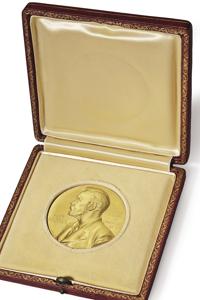
Based on the Science review, Watson requested me to write an essay for the auction catalogue. In addition to the medal, he was selling a draft of his Nobel speech and a complete set of drafts of his “Banquet” speech. A medal’s a medal; these documents were what piqued my interest. Since my current book project is on the history of DNA, it was literally a golden opportunity. Further, I would have unlimited personal access to Watson (he turns down most interview requests, especially from historians). I would of course be invited to attend the auction. In full disclosure, Christie’s naturally paid me an honorarium for my writing; I charged them as I would charge any private, for-profit company. Watson himself has paid me nothing.
When Christie’s broke the story of the auction, the press and the blogosphere pounced. Many people’s immediate reaction to the news was disgust, a sense that he was disrespecting the award. Two principal questions were on everyone’s mind. In formal interviews, public comments, and private statements, Watson obliged with a bewildering array of answers.
Why was he doing it?
- He needs the money. (“I have no income, apart from my academic income” [Financial Times])
- He is not doing it for the money (“I don’t need the money” [public remarks at Christie’s]). He doesn’t. The New York Times reports his annual salary as $375,000. He also has a mansion on Long Island Sound, an apartment on the Upper East Side, and other assets.)
- He wants to restore his image/polish his legacy (quite plausible)
- He wants to get back into the news (not entirely implausible)
- He is thumbing his nose at the scientific establishment (Slate). (Not only unfounded but ignorant. Science is one establishment he doesn’t want to thumb his nose at.)
What is he doing with the money?
- He wants to endow a fellowship for Irish students (from his ancestral County Cork) to study at Cold Spring Harbor.
- He will give money to The Long Island Land Trust and other local charities.
- He wants to give money to the University of Chicago.
- He wants to establish an HJ Muller lecture at Indiana University.
- He wants to give money to Clare College, Cambridge.
- His “dream” is to give Cold Spring Harbor a gymnasium, so that the scientists could play basketball (this would have required about $10M, he said after the sale).
- He wants to own a painting by David Hockney.
- He will keep some of the money.
Several observations immediately pop out of this. First, he plans to give away at least most of the money. Almost everything he has said involves charity, although in some cases (e.g., the Hockney—see below), this was not obvious. Most of these non-obvious gifts would go to Cold Spring Harbor Laboratory—always Watson’s favorite charity.
Second, his eyes are bigger than his wallet. Reasonable estimates for an endowed lectureship are $250,000 and about $750,000 per student for graduate fellowships (http://www.gs.emory.edu/giving/priorities/naming_policy.html). A Hockney oil could cost more than Watson’s medal: they routinely fetch $7M–$8M (http://www.dailymail.co.uk/news/article-2045824/Modest-British-artist-David-Hockney-74-worth-staggering-80-million.html).
On the Hockney, Watson said at the auction that in fact he “already had a couple of Hockneys.” He has a decades-long relationship with the artist, dating back, he said, to when Hockney offered to draw him, did so, handed him a print—unsigned—and then put the signed original up for sale. Watson laughed that he had to buy back the drawing he had been offered. He said he had no Hockney oils, however. But nor did he have any space in his house for a Hockney: his intention was to hang it in one of the Laboratory’s buildings. For many years, Watson has been decorating the Lab grounds with artwork. Reasonable minds may disagree about the need for a scientific laboratory to boast millions’ worth of art, but Watson wants Cold Spring Harbor to be a place of beauty and even luxury.
Third, it’s foolish to take his outlandish statements at face value. Most articles about the auction seized upon one of his remarks and presented it as “the truth” about what Watson thinks. That’s even worse than reading The Double Helix as straight memoir. Watson loves pissing people off—he may well have deliberately misled the media. Perverse, given the rationale of burnishing his image, but not for that reason ridiculous. He simply is not consistent. That inconsistency is something to explain, not brush aside.
Watson has always cultivated a loose-cannon image: having no filters has been part of his shtick. He has been observed deliberately untying his shoes before entering board meetings. But in his prime, he could usually filter himself when necessary. Nowadays, he keeps his shoes tied. Although he is clearly compos mentis, his ability to regulate his filters may have slipped. He’s always been cagier than he’s been given credit for, but his loose-cannon image is becoming less of an image and more of a trait. The quality he has nurtured, one might say, is becoming part of his nature.
*
Which raises the question: Is Watson merely a crank? Clearly, many in the science community believe he hurts the image of science and is best simply ignored. They treat him as an outlier, an aberration: someone whose views do not represent science or what science stands for.
I have a different view.
Granted, Watson is extreme in his candor; even his staunchest allies admit that he over-shares. But for both better and worse, he is emblematic of late twentieth-century American science. His lack of filters, not just over the past few days but over the last few decades, throws a harsh but clear light on science. He was there at the creation of molecular biology. Through his guileless but often brilliant writing, speaking, and administration, he has done as much as anyone to establish DNA as the basis for modern biomedicine and as a symbol of contemporary culture. He has helped reconfigure biology, from a noble pursuit for a kind of truth into an immensely profitable industry. Thanks in part to Watson, some students now go into science for the money. It has been said that in transforming Cold Spring Harbor Laboratory into a plush campus, filled with gleaming high-tech labs, posh conferences, and manicured grounds full of artwork, Watson made Cold Spring Harbor into a place where the young Jim Watson could never have flourished. The same can be said about his role in science as a whole.
The remarks Watson has made about women and minorities are emblematic of the late 20th century. His comments focusing on women’s looks rather than their intelligence are precisely the kinds of comments feminists have fought against since The Feminist Mystique was published, the year after Watson won the Nobel. Although such comments are thankfully much less tolerated than they once were, far too many men still objectify women. Once again, this is not to forgive his remarks; rather, it is to demand thoughtful explanation.
As to race: we are a racist society. From the time the first British and French landed on these shores, whites have condescended to and exploited every non-WASP ethnicity they have encountered: Native Americans, Africans and their descendants, Latinos, Asians, Jews, Irish, Poles, Italians. And many of those groups have then turned around and condescended to and exploited others. In his book of last summer, the New York Times science reporter Nicholas Wade wrote that anti-racism in this country is now “so well-entrenched” that we can afford to ask “politically incorrect” scientific questions about racial differences in intelligence. The current protests over police brutality toward black men in Ferguson, Missouri and Staten Island, New York, and elsewhere say otherwise.
Were Watson merely a rich old white guy who says retrograde things about race and gender, he could—and arguably should—be ignored. What makes Watson different is that he sees everything in terms of genetics–and not much else. In New York this week, he said that if one looked hard enough, one could find a genetic correlation with Baptism or with being a Democrat. One can probably find a “gene for” essentially anything. Genomic analysis is now so fine-grained, so precise, that the definition of “trait” is arbitrary. The problem is not that Watson is wrong about these presumptive correlations, but that it’s meaningless. The project of finding the genetic basis of everything has become too easy, too inexpensive, too powerful. His style of genetic determinism may again be more extreme than most, but his scientism (crudely, the belief that all social problems can be addressed with science) generally is common and becoming commoner.
Watson, then, shows us what happens when a typical man of the twentieth century thinks about genetics too much. James Watson is worth listening to, is worth understanding, because he represents both the glory and the villainy of twentieth-century science. He may not be easy to listen to, but neither was the viral video of Daniel Pantaleo choking Eric Garner easy to watch. If we shut our ears to Watson, we risk failing to understand the pitfalls of the blinkered belief that science alone can solve our social problems. Those who resort to simplistic name-calling do little more than reiterate their own good, right-thinking liberal stance. Doing so may achieve social bonding, but it gains no ground on the problems of racism, sexism, and scientism. Those who think the conversation ends with playground taunts are doing no more to solve our problems than Megyn Kelly or Bill O’Reilly. Calling Watson a dickhead is simply doing Fox News for liberals.
What is the corrective? Rigorous humanistic analysis of the history and social context of science and technology. Science is the dominant cultural and intellectual enterprise of our time. Since the end of the Cold War, biology has been the most dominant of the sciences. To realize its potential it needs not more, better, faster, but slower, more reflective, more humane.
I share the romantic vision of science: the quest for reliable knowledge, the ethos of self-correction and integrity, the effort to turn knowledge to human benefit. And at its best it achieves that. But science has a darker side as well. Scientific advance has cured disease and created it; created jobs and destroyed them; fought racism and fomented it. Watson indeed is not a racist in the conventional sense. But because he sees the world through DNA-tinted glasses, he is unaware of concepts such as scientific racism—the long tradition of using science’s cultural authority to bolster the racial views of those in power. Historians of science and medicine have examined this in detail, documented it with correspondence, meeting minutes, and memoranda. Intelligent critique of science is not simple “political correctness”—it is just as rigorous (and just as subjective) as good science. The more dominant science becomes in our culture, the more we need the humanities to analyze it, historicize it, set it in its wider social context. Science cheerleading is not enough.
The trouble with Watson, then, is not how aberrant he is, but how conventional. He is no more—but no less—than an embodiment of late twentieth-century biomedicine. He exemplifies how a near-exclusive focus on the genetic basis of human behavior and social problems tends to sclerose them into a biologically determinist status quo. How that process occurs seems to me eminently worth observing and thinking about. Watson is an enigmatic character. He has managed his image carefully, if not always shrewdly. It is impossible to know what he “really thinks” on most issues, but I do believe this much: he believes that his main sin has been excessive honesty. He thinks he is simply saying what most people are afraid to say.
Unfortunately, he may be right.
**
Here is a selective list of some of the highest-profile articles about Watson and the Nobel medal auction:
11/27/2014 “James Watson to sell Nobel prize medal he won for double helix discovery” (The Telegraph)
11/28/2014 “James Watson to Sell Nobel Medal” (Financial Times)
12/01/2014 “The father of DNA is selling his Nobel prize because everyone thinks he’s racist” (Washington Post”)
12/1/2014 “James Watson Throws a Fit” (originally titled, “James Watson is Selling Off His Nobel Prize: Please Do Not Bid On It”) (Slate)
12/02/2014: “Disgraced scientist James Watson puts DNA Nobel Prize up for auction, will donate part of the proceeds” (New York Daily News)
12/02/2014 “Jim Watson’s Nobel Prize Could Be Yours…For Just $3.5 Million” (Scientific American)
12/3/2014 “By Selling Prize, a DNA Pioneer Seeks Redemption” (New York Times)
12/04/2014 “Watson’s Nobel Prize Medal for Decoding DNA Fetches $4.1 Million at an Auction” (New York Times)
12/04/2014 “Watson’s Nobel Medal Sells for US$4.1M” (Nature)
12/05/2014 “James Watson’s DNA Nobel Prize sells for $4.8M” (BBC) [incorrect: their figure includes the “buyer’s premium,” i.e., the cut for the house]



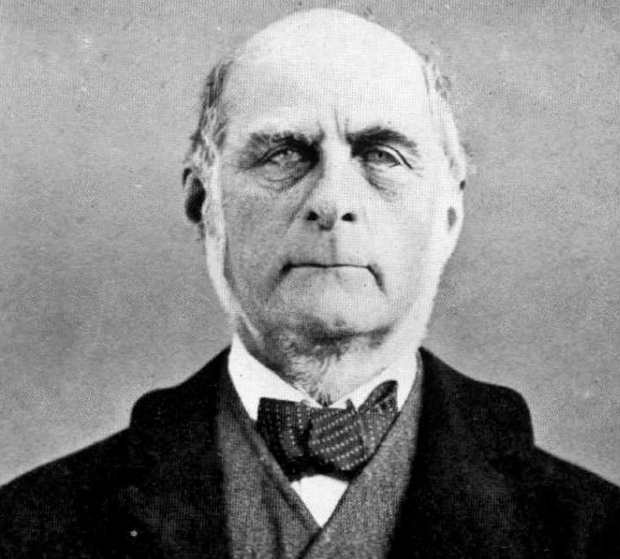

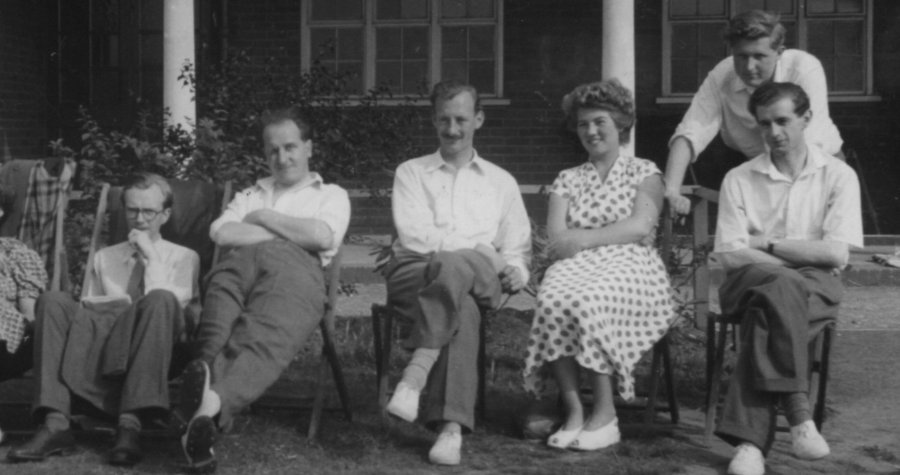
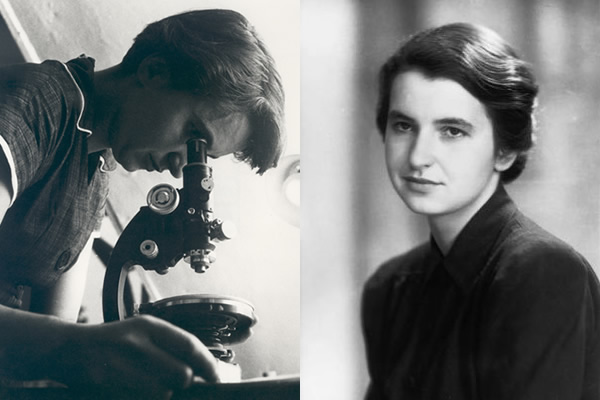
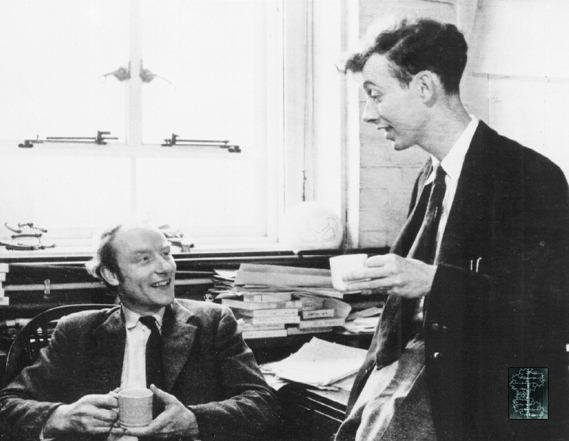
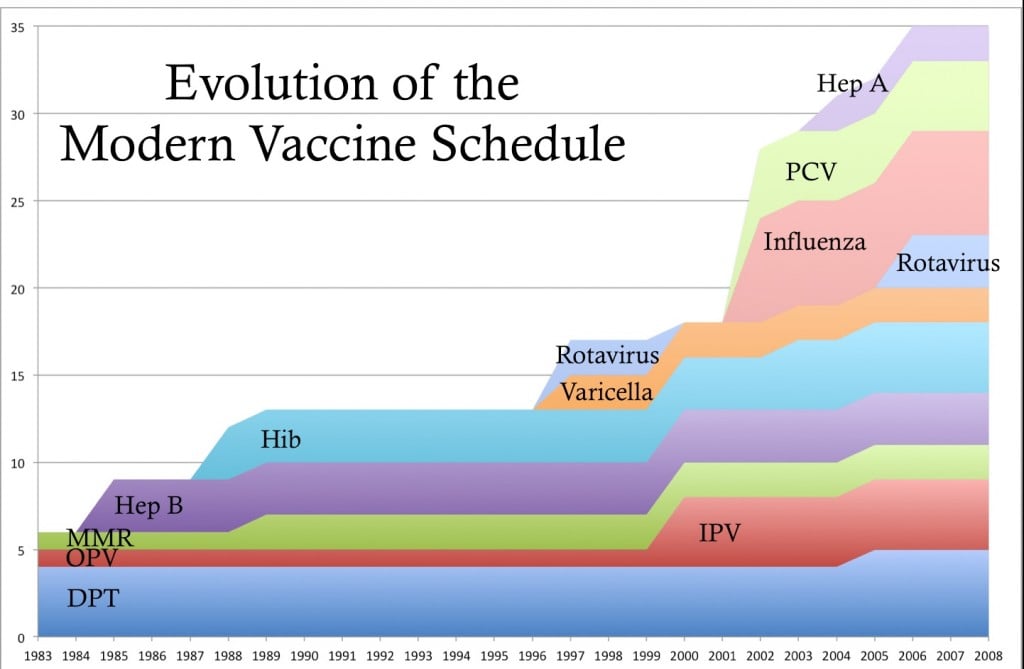
 Mark A. Largent is a historian of science and medicine and an Associate Dean and Associate Professor at Michigan State University. His teaching and research focus on the role of scientists and physicians in public policy debates. His most recent book,
Mark A. Largent is a historian of science and medicine and an Associate Dean and Associate Professor at Michigan State University. His teaching and research focus on the role of scientists and physicians in public policy debates. His most recent book, 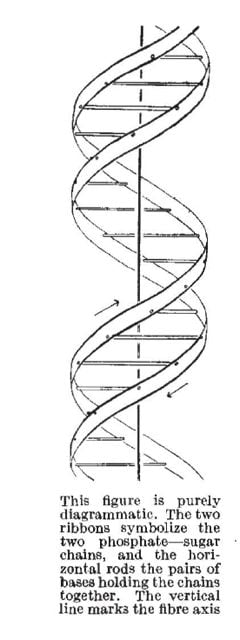
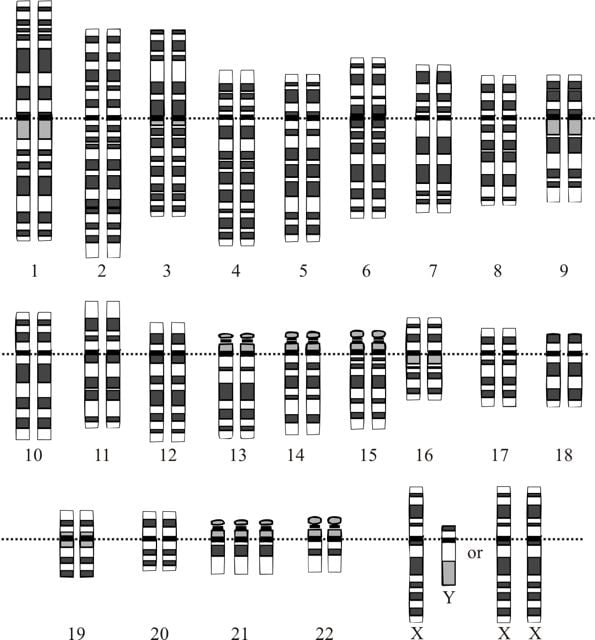


You must be logged in to post a comment.